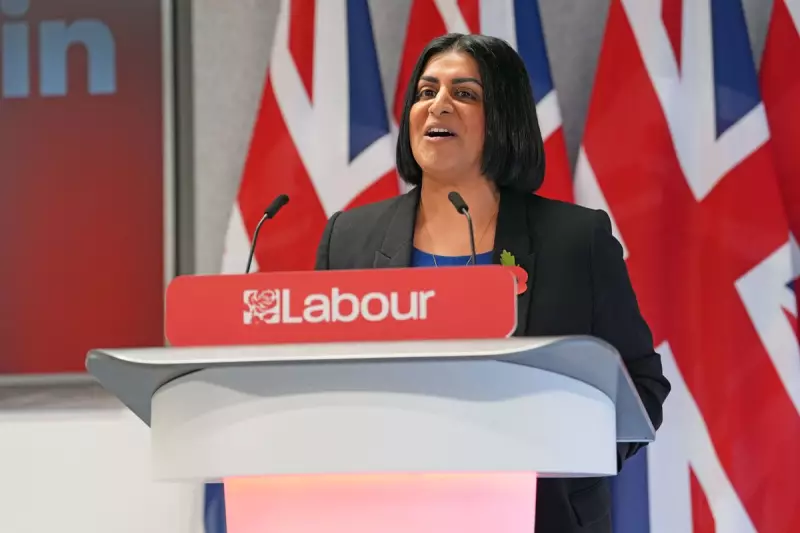
Home Secretary Shabana Mahmood is poised to announce the most significant transformation of the UK's asylum system in modern times, with plans to 'restore order' to Britain's borders revealed for Monday's House of Commons address.
The Danish Blueprint for UK Asylum Reform
Modelled on Denmark's successful approach, the reforms aim to make the UK a less attractive destination for illegal migration. Senior Home Office officials visited Copenhagen earlier this year to study their system, which has reduced asylum applications to a 40-year low and achieved a 95% removal rate for rejected asylum seekers.
Ms Mahmood stated: "This country has a proud tradition of welcoming those fleeing danger, but our generosity is drawing illegal migrants across the Channel. The pace and scale of migration is placing immense pressure on communities."
Key Changes to the Asylum Framework
The cornerstone of the overhaul involves revoking the statutory duty to provide asylum-seeker support established under EU law in 2005. This means housing and weekly allowances will no longer be guaranteed for asylum seekers, targeting what the government sees as a key incentive for Channel crossings.
Additional measures include:
- Making refugee status temporary and subject to regular review
- Removing refugees when their home countries are deemed safe
- Extending wait times for permanent settlement applications
- Requiring judges to prioritise public safety over migrants' rights
- Denying support to those who can work but choose not to
Political Reactions and Channel Crossing Reality
While the government points to nearly 50,000 returns of people with no right to remain, Channel crossings continue to rise. Some 39,075 people have arrived via small boats this year, surpassing 2024's total of 36,816.
Conservative shadow home secretary Chris Philp criticised the measures as stopping "well short of what is really required," while Liberal Democrat Max Wilkinson described them as no alternative to processing claims quickly.
The Refugee Council's Enver Solomon condemned the plans as "harsh and unnecessary," warning they would likely force genuine refugees into destitution rather than deter crossings.





